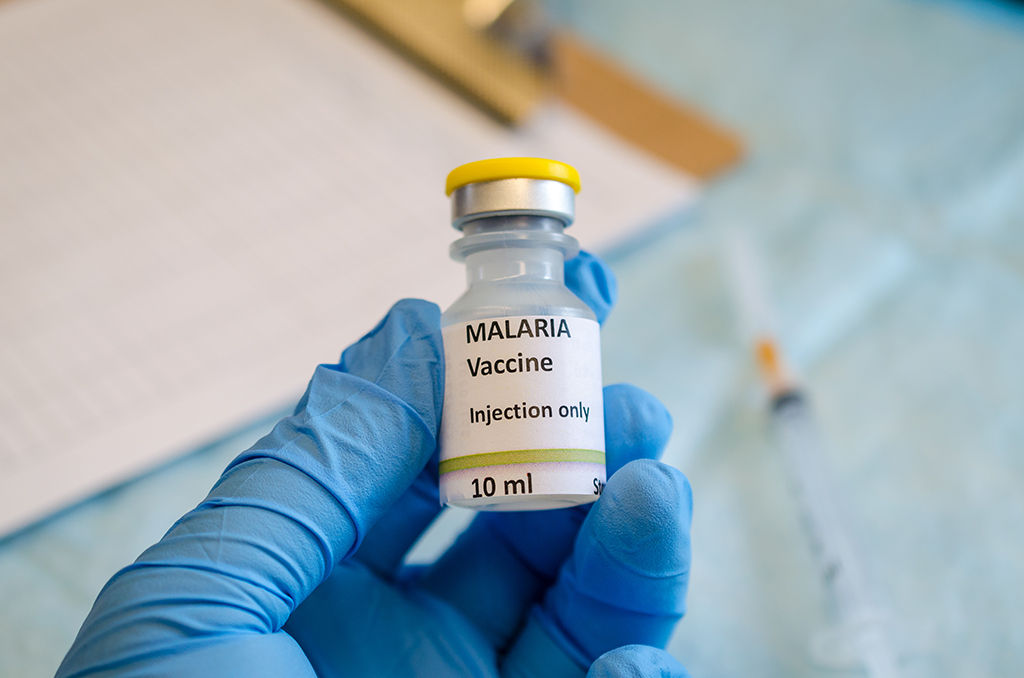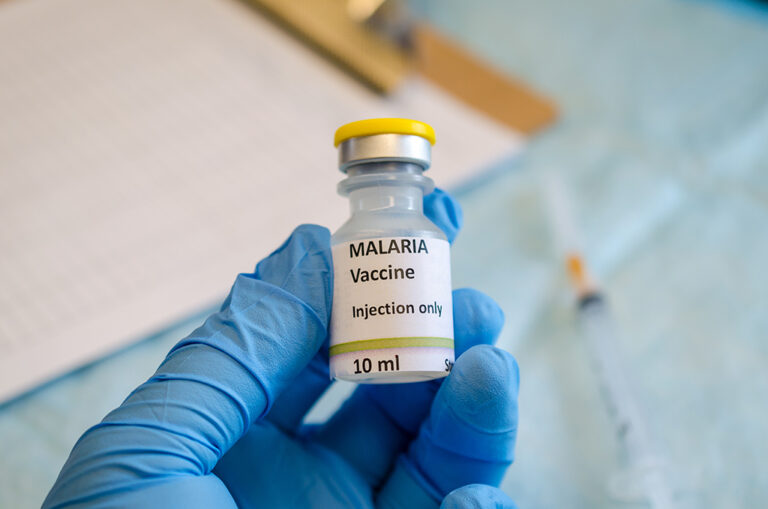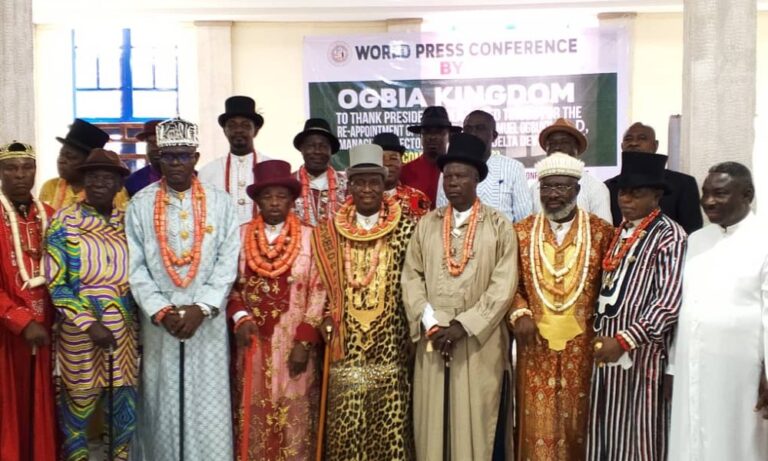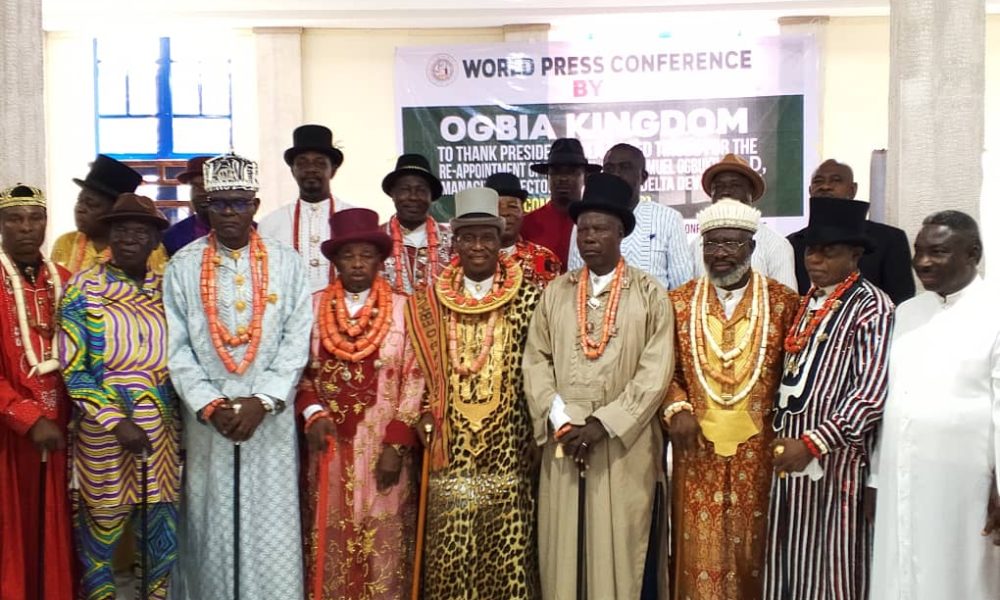Nigeria’s tech boom will drive digital healthcare transformation, offering innovative solutions in urban centers like Lagos and Ibadan.
Nigeria’s health and wellness by 2030 depend on economic stability, governance, healthcare reforms, social issues, technology, environment, and cultural dynamics. A comprehensive approach considering these factors is essential for a positive health prognosis.
Analyzing Nigeria’s six geopolitical zones in the above context—North Central, North East, North West, South East, South-South, and South West—offers a clearer perspective on these factors. Indeed, as economic stability shapes healthcare accessibility in Nigeria, with volatility from oil dependence, inflation, and currency fluctuations.
Future predictions by the Nigerian Bureau of Statistics suggest a growth rate of 4.5% by 2028 (NBS, 2023). Perhaps with a hindsight from a rather sometimes not so perceived friendliness from International Monetary Fund (IMF)’s submission of 3.3% for Nigeria’s economy in 2024, up from 2.9% last year, citing improving services and trade sectors. Perhaps enough political will improve healthcare infrastructure in major cities like Lagos and Abuja significantly.
That means postulations for a steady GDP decline from 3.4 % in 2024 tipping same percentile in 2028 by the Nigerian Bureau of Statistics might stabilize economic environment. Healthcare investment could rise through government alignment with international standards, public-private partnerships, and good governance. President Tinubu’s push for improved accountability by 2026 could reduce misappropriation, enabling modern healthcare facilities in Kano, Port Harcourt, and Enugu.
Political stability fosters sustainable healthcare investments. Collaboration among local governments, NGOs, and international organizations will enhance service delivery, especially in maternal and child health programs. This is crucial, given the fact that maternal mortality rate in Nigeria is one of the highest globally, with 512 deaths per 100,000 live births (UNICEF, 2021). Enhancing maternal and child health programs to reduce high pregnancy and childbirth mortality rates in northern regions is essential.
The National Health Act and planned expansions in health insurance aim to significantly improve healthcare accessibility in Nigeria. By 2030, it is estimated that over 50% of Nigerians might have access to health insurance, which would greatly enhance the affordability of health services. Currently, only about 3% of Nigerians have health insurance, primarily provided by employers. Among those insured, 56.7% are men, with 43.3% as women. This expansion is particularly beneficial for low-income rural populations in the South East and North East regions. Reforms will boost rural healthcare, emphasizing public health campaigns, vaccination drives, and chronic disease management to improve national health indicators.
Strengthening Primary Health Care (PHC) programs remains a priority in reducing health disparities across regions. By 2028, the Federal Ministry of Health aims to establish functional PHC centers in every political ward, focusing on rural North West and North East regions to address communicable diseases and maternal health issues.
Unemployment among Nigeria’s youth cause mental and physical health issues. Skill acquisition programs and mental health initiatives aim to reduce depression and anxiety by 2030, fostering healthier communities through support systems and community involvement.
Nigeria’s tech boom will drive digital healthcare transformation, offering innovative solutions in urban centers like Lagos and Ibadan. An increase of 20% in patient engagement through these digital avenues is projected by 2030 (McKinsey, 2023). Telemedicine and mobile health apps are revolutionizing healthcare in Lagos and Ibadan. Digital health records and remote consultations will boost accessibility and patient engagement by 20% by 2030, enhancing disease monitoring and treatment outcomes.
Climate change worsens respiratory and vector-borne diseases. Nigeria’s climate resilience and pollution reduction are crucial for public health. South-South councils should lead environmental health campaigns. Integrating traditional healing with modern medicine and cultural programs by 2028 will boost mental health and community health outcomes. Improved national security will enhance healthcare access in the North East. The Nigerian diaspora will boost social security, enhancing health funding, medical training, and infrastructure by 2030. https://venturesafrica.com/wellahealth-is-helping-nigerians-in-diaspora-take-care-of-their-loved-ones/
Continuous assessment and reform are vital for Nigeria’s healthcare system. National dialogues and policy reforms will shape its future. From 2025 to 2030, collaboration among government, private sector, and diaspora should enhance health outcomes, significantly improving access and quality for a healthier Nigeria.















